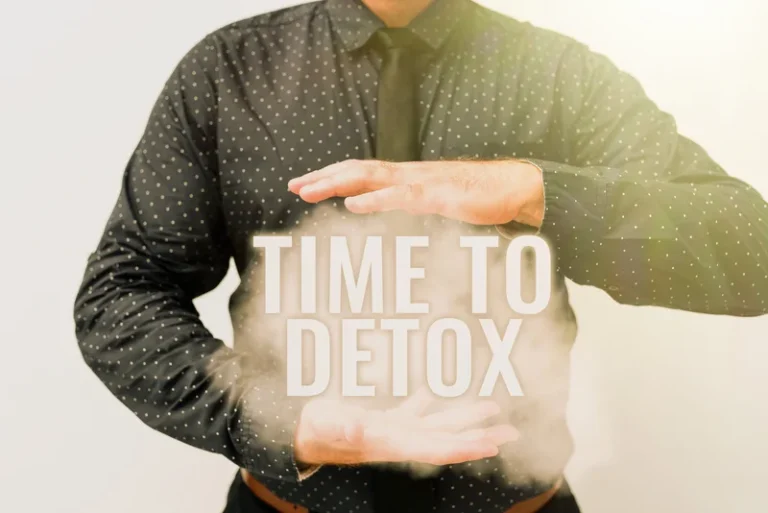
Only 1.4 million of them, however, received alcohol use treatment of any kind.1 While individuals provide many reasons for not seeking treatment, fear of judgement is one.5 Eliminating stigmatizing labels from our vernacular is a step in the right direction. Those with mild to moderate symptoms may receive treatment in an outpatient setting. You should ask a loved one to stay with you during this process, and you may need to visit a clinician for daily monitoring.
- The positive reinforcing effects of alcohol generally are accepted as important motivating factors in alcohol-drinking behavior in the early stages of alcohol use and abuse.
- However, a 24-hour weekend survey of 36 accident and emergency departments found that 40% of attendances were alcohol related and at peak times (midnight to 5 a.m. at weekends) this rises to 70% (Drummond et al., 2005).
- For example, the risk of developing breast cancer increases in a linear way, in which even small amounts of alcohol increase risk.
- As a foundation for this discussion, the following sections briefly introduce some of the neural circuits relevant to alcohol dependence, categorized by neurotransmitter systems; however, this discussion is by no means exhaustive.
Overcoming Anxiety Disorders: Effective Techniques and Therapies
- We have years of experience in the addiction space and contracts with many of the big name insurance providers.
- But addictions can happen anywhere, from college campuses to rural and suburban towns.
- The UK unit definition differs from definitions of standard drinks in some other countries.
- Services that are involved with those who misuse alcohol fit into a wider context of safeguarding young people from harm and need to work to ensure that the rights of children, young people and their parents are respected.
- Addictions are more likely to result in serious harm, including suicide, unlike tolerance and physical dependence.
Being dependent on alcohol can also affect your relationships with your partner, family and friends, or affect your work and cause financial problems. The risk of developing a range of health problems increases the more you drink on a regular basis. Samantha Green, a psychology physiological dependence on alcohol graduate from the University of Hertfordshire, has a keen interest in the fields of mental health, wellness, and lifestyle. This disruption can lead to significant daytime fatigue and poor concentration, further demonstrating alcohol’s pervasive impact on daily functioning.
Frequently Asked Questions Regarding the Mental Effects of Alcohol Use
Alcohol, a prevalent substance in social and cultural settings worldwide, possesses significant sway over both physical and psychological health. While moderate consumption can be a harmless part of social gatherings, excessive intake leads to severe health complications and psychological disorders. This article delves into the multifaceted impacts of alcohol on the human body and mind, shedding light on the necessity of addressing these issues through informed choices and available treatment options.

Allure Detox: Comprehensive Guide to Drug Detox in West Palm Beach
Hosted by therapist Amy Morin, LCSW, this episode of The Verywell Mind Podcast shares strategies for coping with alcohol cravings and other addictions, featuring addiction specialist John Umhau, MD. If you’re https://ecosoberhouse.com/what-are-sober-living-houses/ worried that you might have alcohol use disorder, don’t try to quit cold turkey on your own. Research with well-designed studies will continue to be a necessity in the area of pharmacologic treatment for AUD.
The language used in the past often served to stigmatize people who are affected by alcohol use disorder. The brain is a delicate and intricate organ that must maintain a careful balance of chemicals, called neurotransmitters, for a person to function properly. Alcohol intoxication can disrupt this fine balance, disturbing the brain’s natural equilibrium, and long-term, chronic use forces a person’s brain to adapt in an effort to compensate for the effects of alcohol.
Also, as noted earlier, alcohol-related admissions to hospital increase steeply with age although the prevalence of heavy drinking is lower in this group. This may partly reflect the cumulative effects of lifetime alcohol consumption as well as the general increasing risk of hospital admission with advancing age. As has been noted previously, relationships with parents, carers and the children in their care are often damaged by alcohol misuse (Copello et al., 2005). The prevalence of alcohol-use disorders in the victims and perpetrators of domestic violence provides an important rationale for the exploration of these issues. Sexual abuse has been found to be prevalent in alcohol dependent drinkers seeking treatment and may be a particular concern with young people with alcohol misuse problems (Moncrieff et al., 1996). For young people, both their own alcohol misuse and that of their parents or carers may be a safeguarding concern.
Understanding the Physical and Psychological Impacts of Alcohol Use
Fortunately, Volkow and her colleagues’ argument carried the day with the American Psychiatric Association’s DSM-5 committee in 2013. Amidst the worsening polysubstance overdose crisis driven by illicitly-manufactured fentanyl, accurately identifying opioid use disorder is crucial to target effective treatment and harm reduction efforts. Frequently, payers, health care providers, and even epidemiologists utilize claims data based on diagnosis code data to guide policy and treatment.


Within this system, stress induces the release of the hormone corticotrophin-releasing factor (CRF) from a brain area called the hypothalamus. CRF acts on the pituitary gland located directly below the hypothalamus, where it initiates the production of a molecule called proopiomelanocortin (POMC). This compound is processed further into smaller molecules, such as β-endorphin and adrenocorticotropic hormone (ACTH). ACTH is carried via the blood stream to the adrenal glands (which are located atop the kidneys), where it induces the release of stress hormones (i.e., glucocorticoids) that then act on target cells and tissues throughout the body (including the brain). The main glucocorticoid in humans and other primates is cortisol; the main glucocorticoid in rodents is corticosterone. Opioid systems influence alcohol drinking behavior both via interaction with the mesolimbic dopamine system and also independent of the mesolimbic dopamine system, as demonstrated by alcohol-induced increases in extracellular endorphin content in the nucleus accumbens (see figure 2) (Olive et al. 2001).

 Offers free spin
Offers free spin